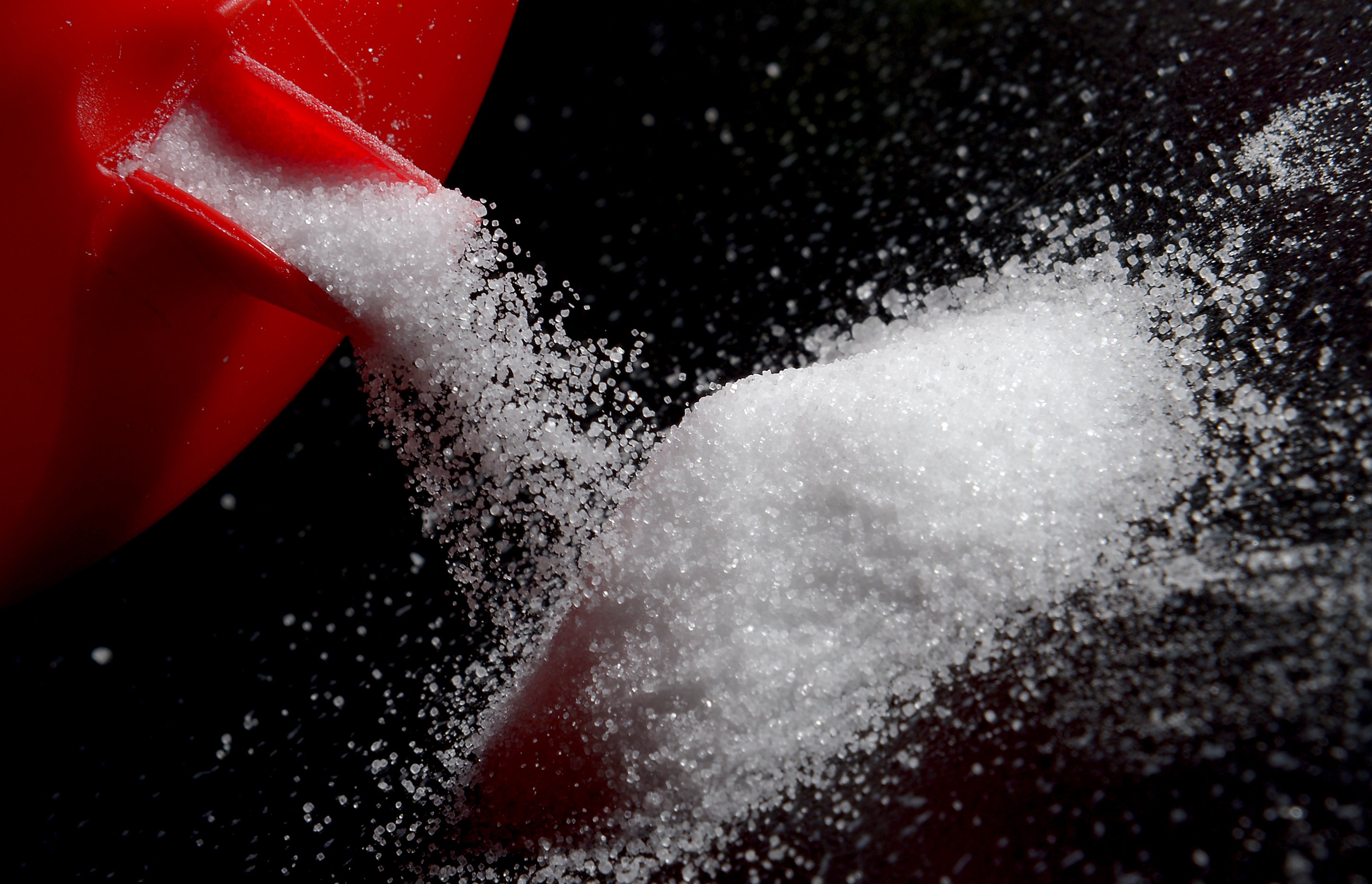The children’s menu with the highest salt content revealed
By comparison, restaurant with lowest average salt content in children’s meals was Subway at 0.79g
More than a third of children’s main meals sold in restaurants still exceed the government’s maximum salt target, a survey suggests as children’s meals with the highest salt content are revealed.
Action on Salt found 37 per cent of children’s main meals sold in the “out of home” sector exceeded the government-set maximum target of 1.71g of salt, to be achieved by the end of the year.
Children aged between four and six should eat no more than 3g of salt a day in total, according to guidelines.
Almost 50 per cent of children’s restaurant meals provide at least half of a child’s daily limit, with some dishes containing more than a child’s entire day’s worth of salt in just one meal, Action on Salt found.
Of the 37 restaurants included in the research, 29 provided accessible nutrition information for customers in conjunction with legislation set by the government in 2021 on calorie labelling which applies to large businesses.
Gourmet Burger Kitchen had the highest overall salt content in their children’s meals – averaging 3.06g per meal – whereas the worst offender for the children’s meal with the highest salt content was Bella Italia’s Larger Vegan Margherita Pizza with 4.4g salt.
A Gourmet Burger Kitchen junior cheeseburger with skinny fries contained 4.2g of salt, the survey found, while Prezzo’s Rigatoni Carbonara contained 3.9g and Hungry Horse’s Quorn sausages, fresh garden salad and baked beans contained 3.59g.

By comparison, the restaurant with the lowest average salt content in their children’s meals was Subway at 0.79g.
Other meals found to have a low salt content were Wetherspoon’s tomato and mascarpone pasta, with no salt, ASK Italian mini main pasta with butter (0.01g), Prezzo’s gluten-free kids’ fusilli butter (0.05g) and Hungry Horse’s Impossible Nuggets with mini corn on the cob and chips (0.12g).
The survey found similar meals had varying levels of salt depending on the company in question, such as sausage meals from Hungry Horse (3.59g) containing almost four times more salt than those served at Wetherspoon (1g).
Just six restaurants had their entire menu below the salt target, including Burger King, Ikea, Pret A Manger, Subway, Toby Carvery and YO! Sushi.
Gourmet Burger Kitchen had the lowest compliance (88 per cent exceeding the salt target), followed by Wetherspoon (69 per cent) and Prezzo (68 per cent), Action on Salt said.
Graham MacGregor, professor of cardiovascular medicine at Queen Mary University of London and chairman of Action on Salt, said: “Children in the UK are eating too much salt, which puts them on track to develop high blood pressure later in life.
“Raised blood pressure is the biggest cause of strokes and heart disease, which in themselves are the biggest cause of death and a major cause of disability.
“Our research clearly demonstrates that many companies are deliberately flouting the targets for salt reduction in their foods and appear to be indifferent to our children’s health. It is time the Government took action and enforced the salt targets, as some companies have clearly demonstrated that it can easily be done.”

Dr Pauline Swift, vice-chairwoman of Blood Pressure UK, said: “Excessive salt and calories in restaurant and take-out food contributes massively to a child’s perception that the taste of certain meals is a perfectly normal, yet it is contributing to the growing epidemic of obesity and high blood pressure in children and young adults.
“The government need to pay attention to the call for improvements in salt regulation of this sector of the food industry.”
John Maingay, from the British Heart Foundation, said: “Eating too much salt as a child can increase the risk of developing high blood pressure as an adult, and this increases the chance of having a future heart attack or stroke. However, as much as 85 per cent of the salt we eat is already in the food we buy.
“There is a clear case for helping families eat more healthily by taking salt out of food before it ends up on our plates, at home and when eating out. If the food industry will not lower the salt content of their products, the Government will need to step in to protect the health of future generations.”
A Bella Italia spokesman said: “We provide a wide range of menu options for guests, catering for various dietary needs and as such provide detailed nutritional information on our website to allow parents to make informed decisions about what their children eat in our restaurants.
“We also understand that some menu items and ingredients are predisposed to having a higher salt content than others, and we will continue to work with our suppliers to understand how we can keep improving the nutritional content of our food, while still delivering great flavours and value for money that people visit us for.”
Andy Hazel, head of food development at Boparan Restaurant Group, which owns Gourmet Burger Kitchen, said: “We understand the importance of offering healthier options and are taking several measures to improve our kids’ meal choices.
“We want to assure parents that GBK is considered a treat for children, not an everyday meal option.”
Hungry Horse said: “All products on our Hungry Horse children’s menu meet the Public Health England 2024 salt reduction targets.
“Since 2019, we’ve reduced the average salt content in our menu items by nearly 15 per cent (3 per cent of which has been in 2024). We endeavour to work towards decreasing this further in our next menu update.”
Join our commenting forum
Join thought-provoking conversations, follow other Independent readers and see their replies
Comments
Bookmark popover
Removed from bookmarks